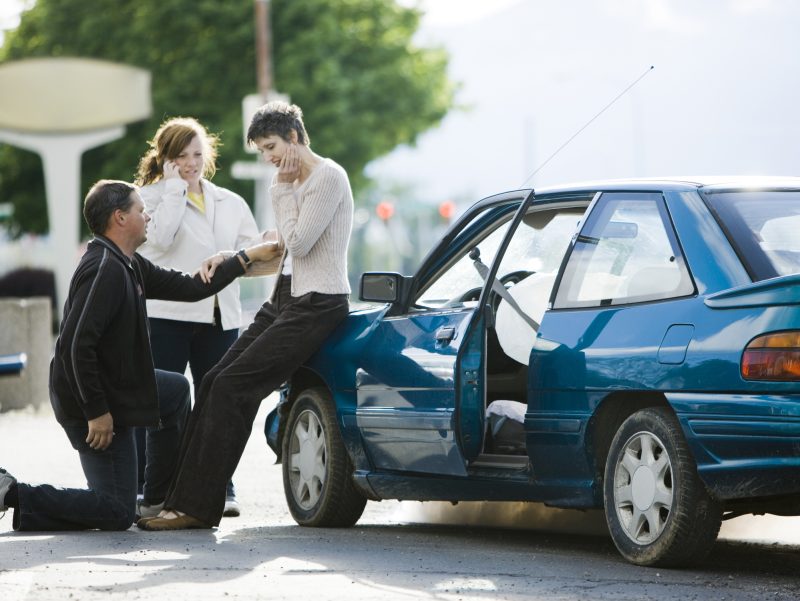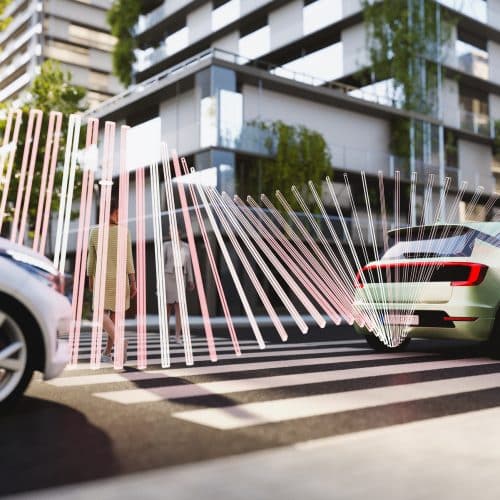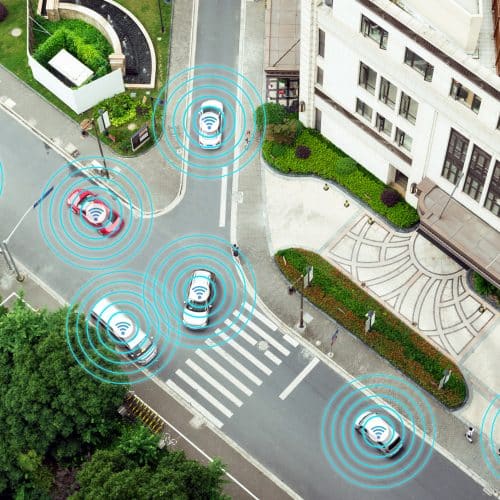Car accidents can be tragic events that lead to devastating injuries, completely changing your life. The first moments after an accident are some of the scariest and most stressful you may ever experience.
Although it can be incredibly difficult to understand how to move forward, there are steps you can take now to give yourself the best chance at getting any money you may be owed for your losses.
Continue reading for a checklist that will guide you through what comes next, and discover the ways in which our Nashville car accident lawyers at The Wolf Pack® can help you protect your rights and navigate the claims process
TAKE A BREATH
This may seem like a very simple action to take, but breathing deeply and counting to ten before making your first move can be incredibly beneficial. This allows you to calm yourself in the midst of the chaos that follows a car accident.
By taking a few seconds to steady your emotions, you can clear your head and avoid serious mistakes like yelling, accusing, or even apologizing at the scene. None of these actions are helpful, and they can hurt your chances of getting compensation later.

MAKE SURE EVERYONE IS OKAY AND CALL FOR HELP
The next step is checking to make sure everyone involved is okay and assessing yourself for serious injuries. Be sure to call for first responders to come to the scene even if no one seems seriously hurt.
Regardless of how severe your injuries are, it is important to have yourself checked out by a medical professional. Many injuries from car accidents, from whiplash to TBIs, can take days or even weeks to become symptomatic, but a medical professional can spot the signs right away. Plus, having a record of your injuries and proof that you received medical attention right after the accident can help your claim later
GET A COPY OF THE POLICE REPORT
Calling the police and having them file a report is a very important step after an accident. Make sure to request a copy of this report as it can serve as an objective, third-party account of what happened. This evidence will support your claim when it comes time to determine a fair settlement amount for your losses.

GATHER CONTACT INFORMATION
Speak kindly to the other driver and any witnesses present. Your goal here is to get phone numbers or emails, record insurance information, and gather any evidence or statements that could potentially strengthen your claim later on.
DOCUMENT THE SCENE
Document anything and everything after the accident. Draw diagrams of your surroundings, take photos and videos of the damage to both vehicles, and photograph your injuries from as many angles as possible.
The more information you gather, the more evidence you and your lawyer will have to build your case.
INFORM YOUR INSURANCE PROVIDER
Even if the accident wasn’t your fault, it’s important to inform your insurance company about what happened.
Depending on your policy and the nature of the accident, this can help ensure you’re covered no matter what. There’s no need to elaborate or try to tell your side of the story at this time, just remember to keep it clear and simple, sticking to the facts.
In the days following your accident, you may also start to get calls from the other driver’s insurance company. Always remember that you are NOT obligated to share any information with them or sign any documents they put in front of you. In fact, it’s in your best interest to direct them straight to your attorney at The Wolf Pack®.
CALL THE WOLF PACK®: YOUR NASHVILLE CAR ACCIDENT LAWYER
Putting the right Nashville car accident lawyer in your corner will give you the best chance of going up against the insurance companies to get the maximum compensation you’re owed.
We at Phillip S. Georges, PLLC fight tooth and nail to protect our clients, just as if they’re a part of the pack. That’s why we’re known as “The Wolf Pack®”!
Get in touch with us today at 615-492-8154 or fill out our online contact form for a free consultation.







